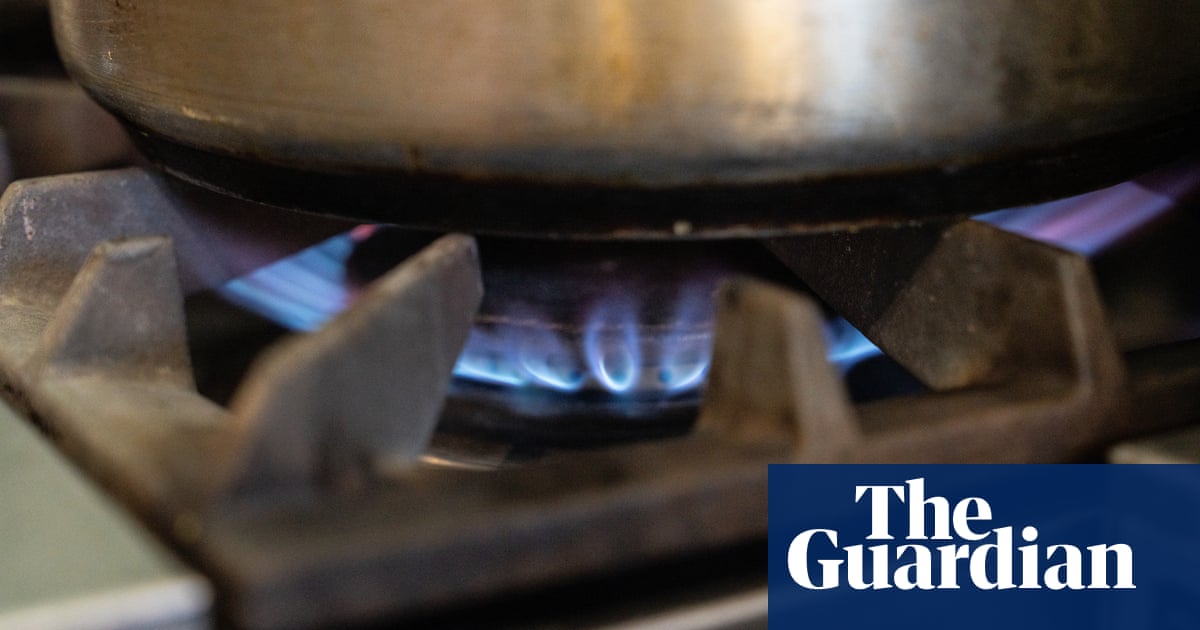- cross-posted to:
- europeanfederalists@lemmy.world
- cross-posted to:
- europeanfederalists@lemmy.world
Study says harmful gases linked to heart and lung disease shave nearly two years off a person’s life
And people in north America dismiss this as propaganda and fake news. I like they added the cigarette connection because we are at that stage where no one thinks it’s a issue as they grew up with these stoves in their home.
North America isn’t a monolith. My (very large metro California) county has already passed legislation phasing out all natural gas in new construction, and will gradually start prohibiting sale of gas water heaters and furnaces over the next few years.
Well much of NA is conditioned by religion to accept comfortable lies over uncomfortable truths.
Forcing them to reflect on any deviations could result in them “feeling bad” about themselves, and that cannot be tolerated.
When science showed in the 1970s that gas stoves produced harmful indoor air pollution, the industry reached for tobacco’s PR playbook – (November 2023)
In 1976, beloved chef, cookbook author and television personality Julia Child returned to WGBH-TV’s studios in Boston for a new cooking show, “Julia Child & Company,” following her hit series “The French Chef.” Viewers probably didn’t know that Child’s new and improved kitchen studio, outfitted with gas stoves, was paid for by the American Gas Association.
While this may seem like any corporate sponsorship, we now know it was a part of a calculated campaign by gas industry executives to increase use of gas stoves across the United States. And stoves weren’t the only objective. The gas industry wanted to grow its residential market, and homes that used gas for cooking were likely also to use it for heat and hot water.
[…] The gas industry relied on Hill & Knowlton, the same public relations company that masterminded the tobacco industry’s playbook for responding to research linking smoking to lung cancer. Hill & Knowlton’s tactics included sponsoring research that would counter findings about gas stoves published in the scientific literature, emphasizing uncertainty in these findings to construct artificial controversy and engaging in aggressive public relations efforts.
On one hand we don’t and shouldn’t live forever I tire of this whole “___ causes cancer” living literally causes cancer any damage to any cell in your body is potentially causing cancer.
That said fuck the gas and oil industry but I ain’t ditching my gas stove because cancer.
The Guardian is my preferred paper but this article is garbage. Comparing car deaths to early deaths from gas stoves is ridiculous.
““The main uncertainty is whether the risk of dying found with outdoor NO2 from mainly traffic can be applied to indoor NO2 from gas cooking,” said Steffen Loft, an air pollution expert at the University of Copenhagen, who was not involved in the research. “But it is a fair assumption and required for the assessment.””
Industrial and petrochemical pollution is by far the largest cause of health problems when it comes to the general population. The insurance companies are very cagey about releasing rates of deaths from cancer in specific areas and the government certainly doesn’t share that.Hm. I see how early deaths due to gas fumes exposure does not compare well with car crashes occurring at random points during people’s lives. But I don’t think that makes the article, or by extension the study, garbage. (?)






